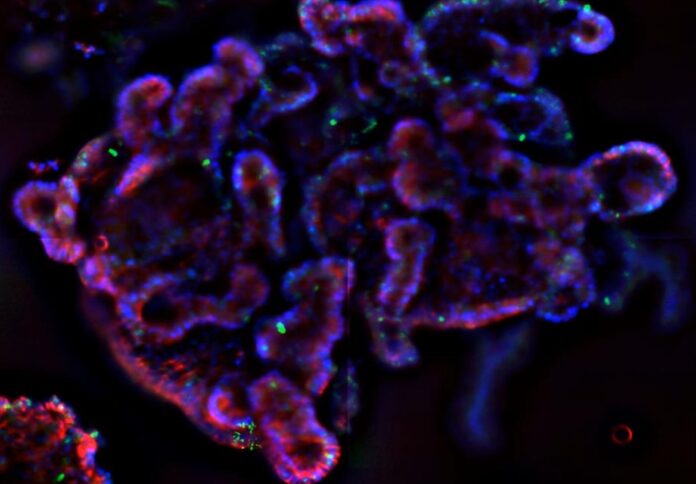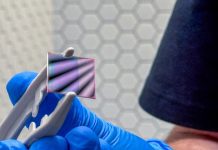
A recent analysis from CSIRO, Australia’s national science agency, estimated that an emerging capacity that employs ‘non-animal models’ to evaluate novel medical goods could produce over $1.5 billion in revenue and create over 5,000 employment by 2040.
In a news release, CSIRO said human-derived or humanised cells, organs, or data are used in non-animal models.
Examples include ‘organoids’ and ‘organ-on-chip’ technologies, which provide a useful alternative to traditional animal-based approaches.
The most significant growth is expected to come from complex in vitro models, such as organoids, which have an estimated $1.28 billion in revenue for Australia by 2040, and organ-on-chip technologies with $310 million in revenue.
In silico models are also expected to be used more widely throughout the development process, supplementing and validating findings from in vitro models.
The report, “Non-animal models: A strategy for maturing Australia’s medical product development capabilities,” assessed how these models may supplement or replace traditional techniques over the next 15 years.
According to Greg Williams, health and biosecurity lead at CSIRO Futures, non-animal models are growing more complex and, in some cases, outperform traditional animal models.
“Australia has the opportunity to further grow this capability and develop new revenue streams for the nation,” Williams said.
He added, “They offer the potential to better predict human responses and ‘fast fail’ medical products at an earlier stage, allowing savings to be reinvested into medical products that are more likely to succeed.”
Among the report’s suggestions are the formation of a national consortium to organise and promote Australia’s non-animal model capabilities, as well as the adoption of national data-gathering standards for the use of animals in scientific research, teaching, and testing.
The report also proposed the improvement of commercial skillsets across the non-animal model sector and the updating of biomedical R&D infrastructure to support non-animal model capabilities.
CSIRO stated the report’s suggestions might be used in areas other than the production of medical products, such as testing for cosmetics, veterinary and agricultural drugs, industrial chemicals, and eco-toxicology.
The National Health and Medical Research Council, Phenomics Australia, the University of Melbourne, the University of Newcastle, the University of Sydney, Australian Ethical, The Medical Advances Without Animals Trust, and the University of South Australia collaborated on the report.




















